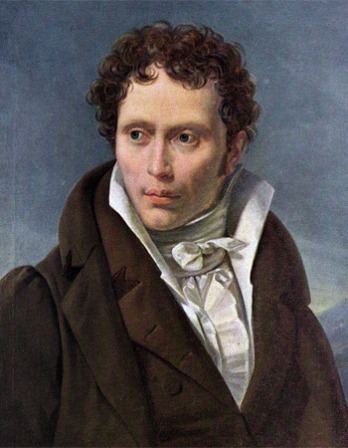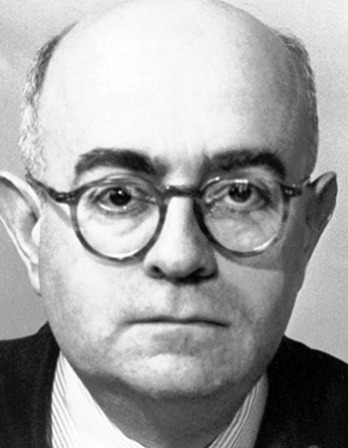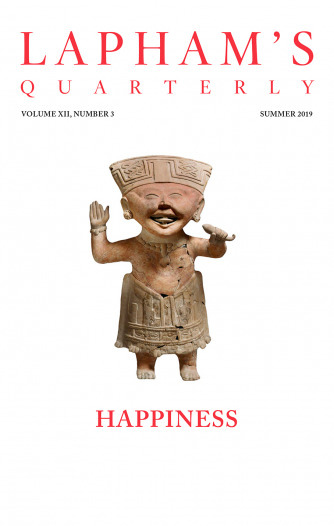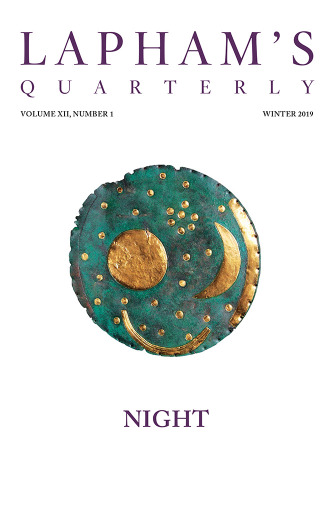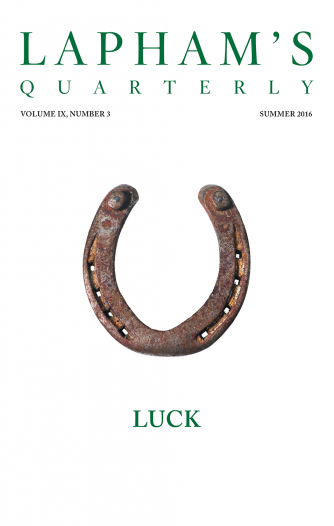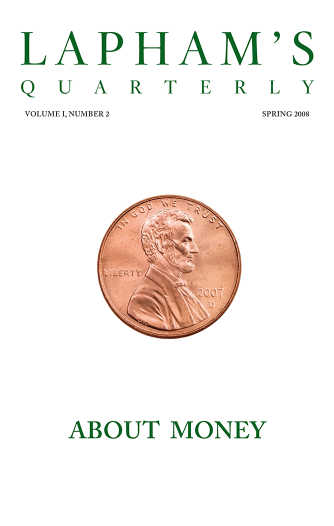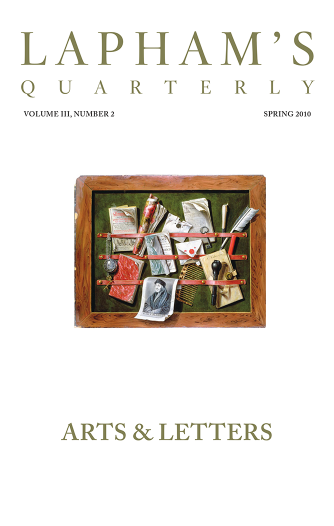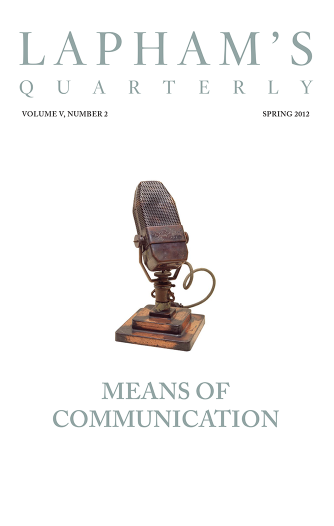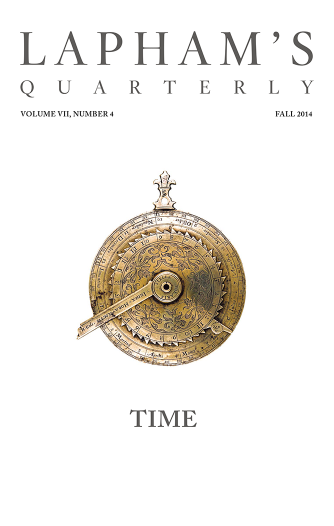
Arthur Schopenhauer
(1788 - 1860)
Often referred to as the “philosopher of pessimism,” Arthur Schopenhauer rejected G.W.F. Hegel’s belief in the progressive nature of history, calling him a “pitiful charlatan” and stating that “the continuous and perpetual existence of the human race is merely proof of its exuberance and wantonness.” He published his masterwork, The World as Will and Representation, in 1818 and the following year delivered lectures at the University of Berlin, purposefully giving them at the same time as Hegel gave his. Afterward the philosopher withdrew to Frankfurt and wrote little, although his thoughts on music and literature influenced, among others, Richard Wagner and Thomas Mann.
